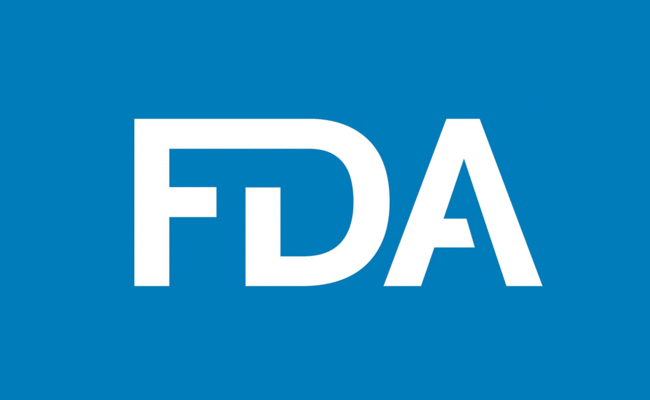Industry Supports FDA’s Reorganization of Office of New Drugs
Industry feedback sought to inform the direction of FDA reorganization efforts for its Office of New Drugs.

- As the Food and Drug Administration looks to reorganize its Office of New Drugs (OND) this year, drugmakers and industry trade groups have recommendations to inform OND’s direction.
Comment letters submitted to FDA earlier this month before the public comment period closed Jan. 7, with nearly 20 submissions, call on the agency to address inconsistencies across review divisions in the feedback sponsors obtain. They also highlight the increasing use of innovative clinical trial designs such as Bayesian design, real-world evidence, and modeling and simulation.
Yet the commenters support the agency’s efforts to reorganize OND as part of its push for modernizing FDA’s New Drug Regulatory Program, an initiative the agency launched in 2017.
PhRMA “strongly supports FDA’s ongoing efforts to facilitate effective drug development, leveraging rapidly evolving scientific and technological advances ‘to characterize the benefits and risks of a potential product and generate the data necessary to support product approval.’”
Janssen, Sanofi, Pfizer, and PhRMA raised the issue of inconsistencies sponsors reportedly experienced between review divisions within FDA’s Center for Drug Evaluation and Research as this, in turn, leads to inconsistencies in review times and the approval of new drug products, too.
Pfizer, for example, reports inconsistencies in “waiving” collection or submission of non-serious adverse events for drugs with well-characterized safety profiles. Sanofi cites a study it published in 2019 that “found reporting errors or omissions” in about 15 percent of 2018 drug approvals and other inconsistencies in data granularity such as with the use of patient-reported outcomes.
“Often, due to lack of a broader line of sight into FDA decisional points or feedback, or other comparator data, companies rely on anecdotal experience to gauge and anticipate differences between review divisions,” Sanofi notes. “This approach can be susceptible to bias and misinterpretation.” Janssen also notes that “As the approach is inconsistent across review divisions, it has been difficult to predict what data and testing will satisfy the review divisions.”
PhRMA asks FDA to tackle the variation seen in the feedback from the review staff. It says this should include addressing the inconsistent assignment of expedited review pathways across therapeutic areas, inconsistent reviews of supplemental indications reviewed across divisions, and inconsistencies within the context of allowing the use of extrapolation approaches from adults to pediatrics, among other areas in need of consistency. BIO echoes the concern with extrapolation approaches as an example in cases it presents as opportunities for consistency.
FDA should provide “broader, more holistic analysis of performance metrics and regulatory decisions” for “a more objective assessment of consistencies and differences in regulatory review,” Sanofi suggests. “Accessible, ingestible, accurate, consistent, and rich data-tracking regulatory activities and actions can help provide an in-depth analysis of how FDA review divisions operate, and the current state of regulatory experience within specific disease areas.”
Several commenters, including Amgen, Sanofi, Janssen, Pfizer, BIO, and PhRMA, also request FDA further facilitate the use of innovative trial designs by providing timely advice to with industry, holding additional engagement activities and publishing learnings from pilot projects.
Amgen recommends OND policy identify best approaches for sponsors to obtain “quick, targeted feedback to minimize regulatory uncertainty.” To do so, the drugmaker advises enhancing FDA’s statistical capacity on adaptive designs and modeling and simulation.
PhRMA writes that “To further improve drug development and review, best practices for FDA-sponsor interactions should be identified to encourage greater timeliness, quality, and consistency in communication across and within FDA review divisions through routine staff training and standard operating procedures.” Several applications will be affected by the move.
FDA received Congressional approval for OND’s reorganization last September. “Modernizing our operations helps us perform our mission effectively in an environment of rapidly evolving science, changing stakeholder expectations, and new statutory authorities and responsibilities,” CDER Director Janet Woodcock of the modernization efforts said at the time of OND’s approval.
